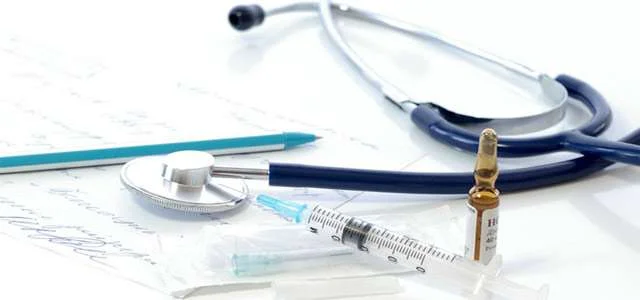Healthcare is known to be one of the most important and costly sectors in the world. Governments spend millions of dollars every year to ensure that their citizens have access to healthcare when they need it. However, the complexity of the language used in healthcare can prevent patients from getting the service or product they need and professionals from learning about new developments in the field. It is only through medical translation that both individuals and organizations can access well-translated and medically sound medical materials. This type of translation, also known as medical translation, covers all translations in the health sector. This includes the translation of all medical documents, medical device user and maintenance manuals, pharmaceutical prospectuses, clinical trials, license files, in short, all texts in the field of medicine.
Importance of Medical Translation for Staff
The personnel in the medical sector should be well trained, follow the changes in protocols and practices, and constantly renew and update themselves. Generally, health institutions prefer to inform their employees through in-house training programmes while they are at work. During these programmes, it is very important that the personnel receive training with up-to-date information in their mother tongue. In almost every country, almost 10 per cent of employees in the healthcare sector have different ethnic origins and their mother tongue is different from the rest of the society. Medical translations, which are carried out by an expert translation team using appropriate medical terminology and subjected to the necessary control processes, ensure that people receive the right training. To summarise, the medical sector has a global character. In order for new developments to be announced to the staff and for both staff and patients to be properly informed medical translation is essential.
The Importance of Medical Translation for the Patient
It is also vital that those receiving treatment have access to medical services in their own language. Patients should have access to a translator who speaks their language in information meetings or conversations with doctors, or they should be given appropriate translations of clinical reports, treatment methods or even drug leaflets. In the UK, for example, there are millions of people who do not speak English. Or there are millions of people in Turkey who do not speak Turkish. It is a constitutional right for these individuals to receive health care in their mother tongue. This is one of the proofs of how important medical translation is. Communication with patients in their mother tongue ensures that treatment processes are carried out correctly.
When it comes to translating any document for the healthcare sector, it is always necessary to seek help from an expert translation team. This is because incorrectly translated medical translations can lead to incorrect diagnoses and treatments. Or, staff who are misinformed due to incorrect translations may have to assume serious legal liabilities and, worst of all, patients who are misinformed due to incorrect translations may be exposed to life-threatening risks. Considering that medical terminology is almost a language in its own right, the importance of a translation company with knowledge and experience in the field is clear. With today's technological tools and the widespread and rapid use of the Internet, it is now easy to obtain remote consecutive interpreting or translation services in very short periods of time at much more affordable costs.



Comments are closed